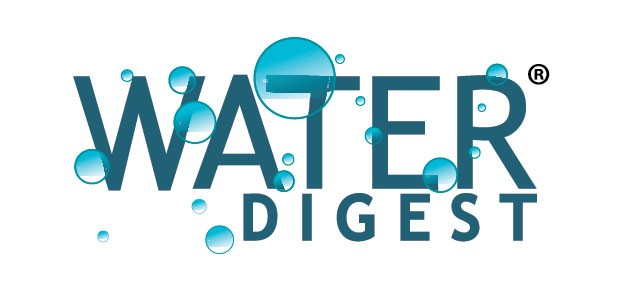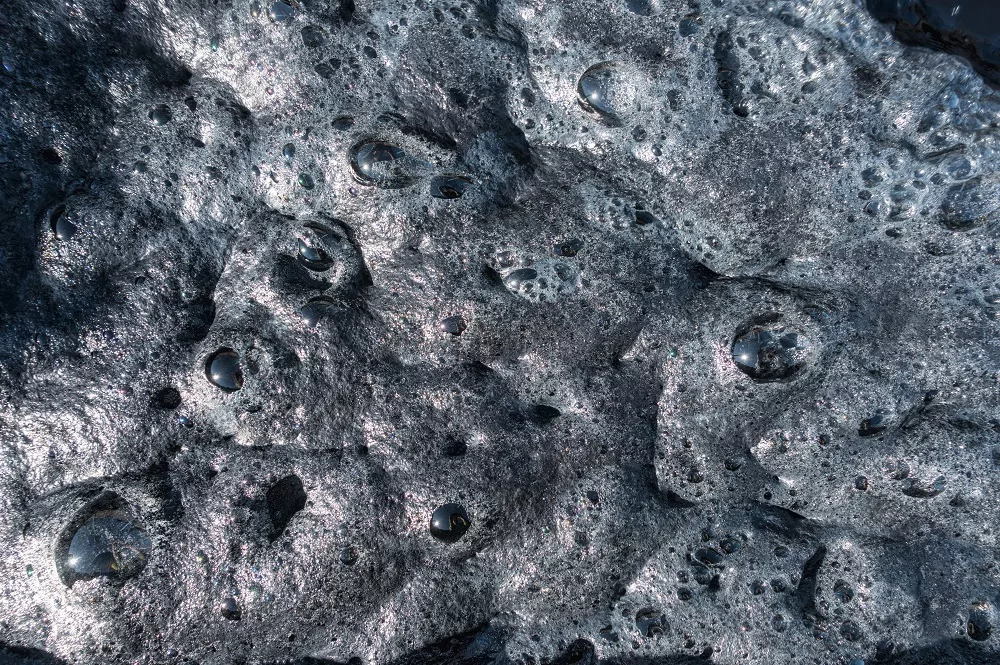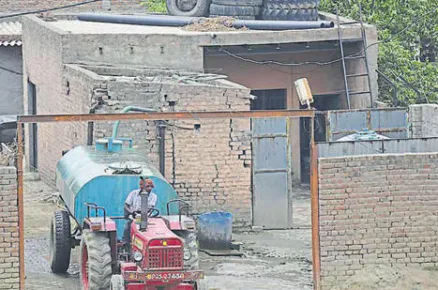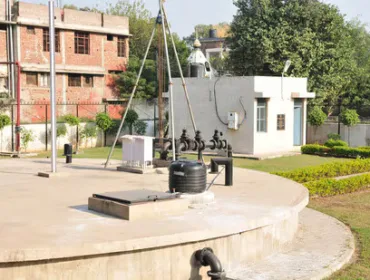The new technique can extract and recycle phosphorus from municipal waste.
WD News: If you were ever to see sewage sludge up close, you might be hard-pressed to find any redeemable value. However, researchers at UBC’s Bioreactor Technology Group see it another way.
Using a combination of heat, water and phase separation, UBC researchers have developed a cost-effective method to concentrate phosphorus, which can be efficiently recovered by extraction from wastewater sludge.
Phosphorus is a natural mineral, crucial for human health and essential to food security as a commercial fertiliser. However, it’s also listed as a critical raw material because many countries rely on imports.
The uneven distribution of phosphate rock has created political and economic risks. On the other hand, phosphorus discharge from waste sources, such as wastewater, is a major contributor to aquatic eutrophication, causing severe environmental challenges including algae blooms and dead zones in lakes. Investigators are looking into a promising process that integrates hydrothermal liquefaction.
The process converts organic components of the municipal wastewater sludge into a petroleum-like bio-crude and concentrates the phosphorus into a solid residue called hydrochar, which can have 100 times higher total phosphorus than raw sludge, making it comparable to the phosphate rock used in commercial fertilisers.
The latest findings are essential for wastewater utilities aiming to develop a process to recover usable nutrients from the system.
Source: ScienceDaily/ University of British Columbia Okanagan campus
Image courtesy: Pixabay
https://tinyurl.com/5n7k5rws














